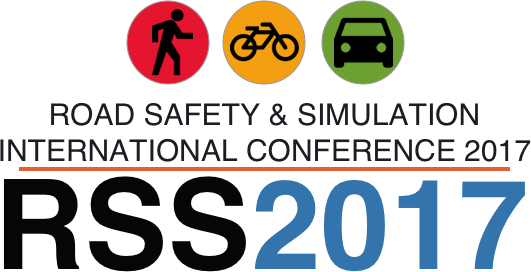

The first part of this session will present the current state-of-the-art in the field of surrogate safety measures. Theoretical grounds for the use of safety surrogates, available indicators and techniques for severity ranking and initiatives for their validation (past and on-going) will be introduced.
The second part will focus on the technical tools for conducting surrogate safety studies. This includes both the problem of detection of safety-critical events and objective measurement of their severity. Several research teams will present their recent achievements. As an option, the speakers are “challenged” to apply their tools on a video sample with known “ground truth” so that the tools’ performances could be objectively measured and compared.
Participants will have the opportunity to test themselves some of the video analysis tools presented at the workshop.
Workshop presenters, who have been extensively using surrogate safety measures in road safety research, will share their experiences, insights and visions of the future in this field.
The participants will learn about state-of-the-art and the current research initiatives in the field of surrogate safety studies. They will get acquainted with pros and cons of the method and its feasibility in practical terms.
| Prof.dr. Tom Brijs is a Professor at the University of Hasselt and member of the RSS2017 Local Organising Committee. | |
| Dr. Aliaksei Laureshyn (born 1977) is a senior researcher/lecturer at Lund University (Sweden) and Institute of Transport Economic (Norway). He has a Master Degree from Linköping University (Traffic Safety & Environment) and Doctoral Degree from Lund University (Traffic & Road Technology). Aliaksei’s main interest of research are observational studies in traffic, particularly with vulnerable road users, and technical tools that can aid in that. Currently, he co-ordinates the Horizon 2020 project InDeV (In-Depth understanding of accident causation for Vulnerable road users). Besides research, Aliaksei teaches in several courses on traffic safety and supervises Master and PhD students. |
The workshop is initiated by Horizon 2020 project InDeV (In-depth understanding of accident causation for vulnerable road users, grant 635895) – www.indev-project.eu.